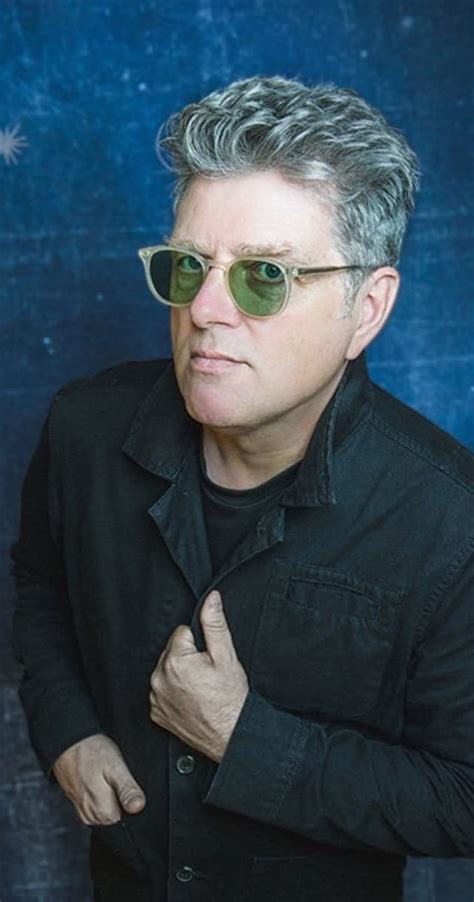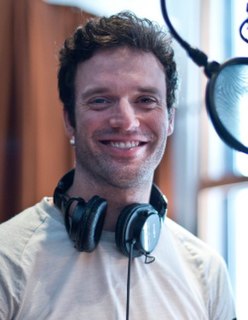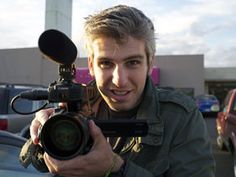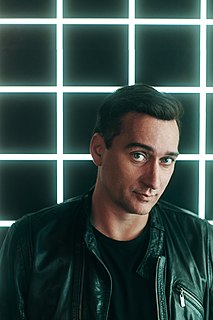A Quote by Moby
Up until the rise of electronic music, if you were a musician in Portugal or Germany or Italy or Japan, and you didn't sing in English, you really were limited: You could be successful in the country where people understood your language. The world of electronic music is completely international. You have DJs from Finland making huge records for people in New Zealand, DJs in South Korea making huge records for people in France. By the fact that it doesn't cost anything to make, and that it transcends language, nation it accidentally accomplishes a lot of really remarkable things.
Quote Topics
Accidentally
Anything
Cost
Could
Country
Djs
Electronic
Electronic Music
English
Fact
Finland
France
Germany
Huge
International
Italy
Japan
Korea
Language
Limited
Lot
Make
Making
Music
Music Is
Musician
Nation
New
New Zealand
People
Portugal
Really
Records
Remarkable
Rise
Sing
South
South Korea
Successful
Things
Transcends
Understood
Until
Up
Were
World
Your
Zealand
Related Quotes
I'm trying to fly the flag for the days of electronic music where people who are making it are also building the gear because that was what was happening in the very early days of electronic music. And that spirit is one of the things that really appeals to me about electronic music so I'm putting this forward as a way to keep that.
Twelve years ago me and Allanah became really sick of writing pop songs, ... Eventually we dug a grave for the Thompson Twins, pushed them in there, and then moved to New Zealand. Before that I'd lived for a long time in south London where reggae was the music of the streets around me. You'd hear it booming out of people's windows and shops, and you could buy great old reggae singles for 50p (NZ1.30) in second hand shops. I'd always loved that sound, so soon after we got here I started making electronic dub records with my mate Rakai Karaitiana as International Observer.
I think you have to satisfy yourself first and foremost. There have been records I've been really, really pleased with that haven't connected with people. But I felt good about them. If you're making music, you must want to turn other people on to it, whether you're number one in the charts or number 60. I don't know, that's a commercial thing, but just the fact that other people like you... there's no point in making music, otherwise. Otherwise you might as well make it in your bedroom and leave it there.
The place of electronic music, culturally and socially, is today completely different - it is now everywhere, and it has been totally accepted. Consequently, there is now a younger generation that is more focused on making great electronic music, good parties, and having fun, where there is not any more so much need for cultural and ideological statements in electronic music itself.
People will always have the desire to make rock and roll records, and they'll always have the desire to sell rock and roll records. Most of the people making these records do it because it is a business, and if someone says, "You can't do this", they won't complain. They'll just keep making records, but they'll get blander and blander. There'll still be rock and roll, but compared to what it really could be or ought to be, I don't think it'll be all that terrific.


































